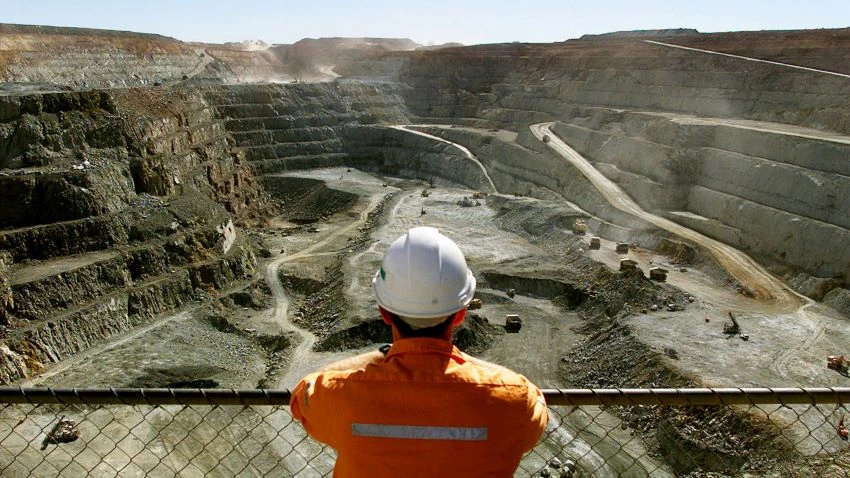
The U.S. and Australia are partnering more closely on mining and processing rare earths in a bid to weaken China's grip on the supply of materials used in everything from smartphones to fighter jets.
Australian Minister for Resources Matt Cavanan and U.S. Commerce Secretary Wilbur Ross have agreed to work together on financing projects related to critical minerals, including rare earths and other materials such as lithium.
"I'm leaving the United States satisfied that we have made significant progress," Cavanan said after the meeting Wednesday in Washington.
This came the day after the U.S. Geological Survey and Geoscience Australia announced an agreement on joint mapping and assessment of critical mineral reserves in both countries.
Australia looks to expand its export markets for rare earths as well as lithium and cobalt, which are expected to see rising demand for use in electric-vehicle batteries. Canberra aims to have both "upstream" production, or mining, as well as high-value-added "downstream" processes such as refining, handled within Australia as part of a strategy to shore up a cooling economy.
The U.S. is eager to gain another source of these strategically important materials. Though it now relies on China for the bulk of its rare earths, the Sino-American trade war has raised questions about the stability of this supply. Some rare-earth mining takes place in the U.S., but Chinese companies handle 70% to 80% of the processing.
If China were to halt exports of rare earths to America and its allies for an extended period, the disruption "could cause significant shocks throughout U.S. and foreign critical mineral supply chains," the Commerce Department warned in a June report, citing Beijing's 2010 embargo on exports to Japan.
The report urged expanded cooperation with longtime allies such as Australia, Canada and Japan on mineral exploration, processing and recycling to reduce this risk.
But whether the U.S.-Australia partnership will be enough to ensure a stable supply of these crucial elements remains unclear. When other countries start producing rare earths, China could ramp up production and depress prices to force foreign players out of the market, a source at an Australian resource company said.
Private-sector companies are often reluctant to invest in rare earths -- which are prone to sharp price swings due to the market's small scale -- owing to the risk of being made obsolete by new technologies. Given these factors, the impact of additional financing from Washington and Canberra could prove limited.




















